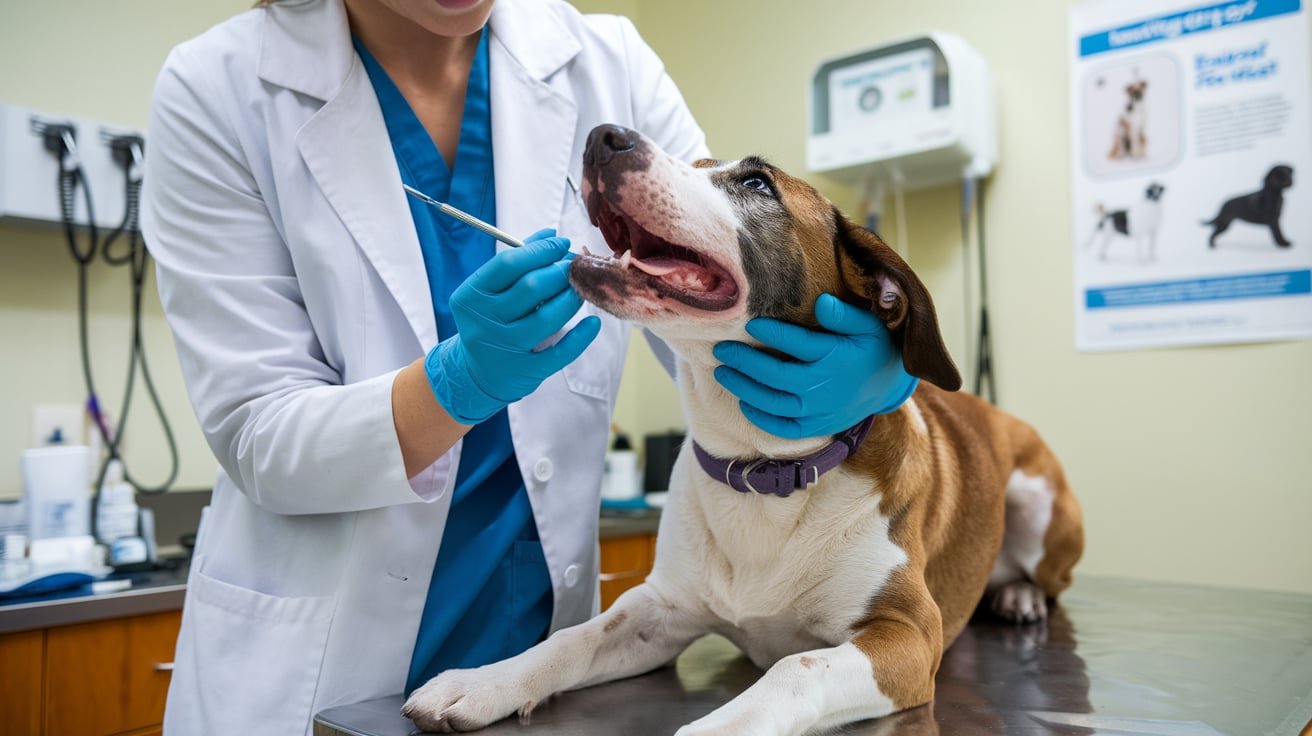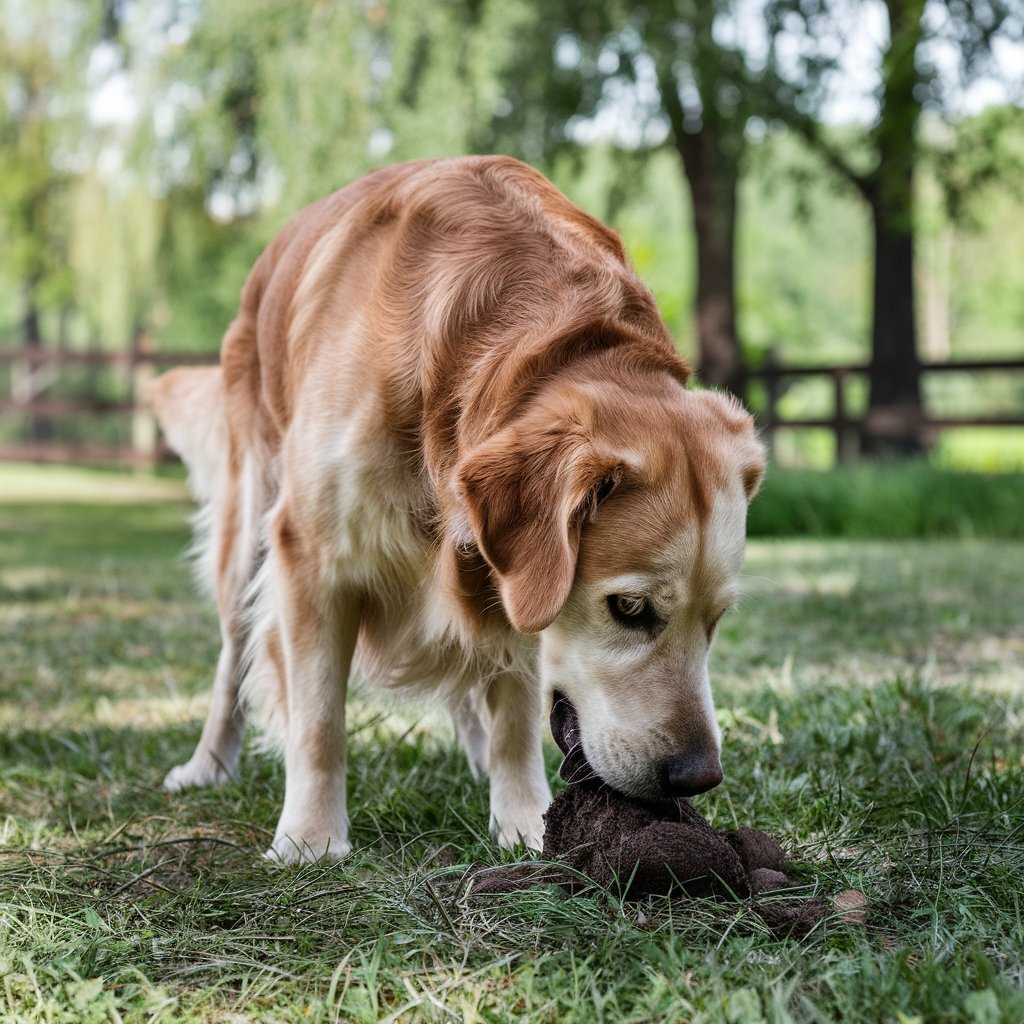Introduction To How to Treat Digestive Issues in Dogs
Digestive issues in dogs are more common than you might think. Whether it’s an upset stomach, gas, or diarrhea, these symptoms can be concerning for pet owners. Thankfully, there are ways to help your dog feel better, whether through natural remedies, dietary changes, or vet-prescribed solutions. In this guide, we’ll explore how to treat digestive issues in dogs with simple, effective steps for pet owners in the UK.
We’ll break down causes, treatments, and prevention tips, making it easy to keep your furry friend’s stomach in top shape.
Common Causes of Digestive Issues in Dogs
Before diving into treatment options, it’s essential to understand what might be causing the digestive upset. Here are a few common triggers:
- Dietary Changes: Switching foods suddenly can upset a dog’s digestive balance. Dogs are sensitive to rapid changes in their diet.
- Food Allergies or Intolerances: Some dogs have trouble digesting specific ingredients, such as wheat or dairy.
- Infections or Parasites: Bacterial infections or parasites like worms can cause digestive symptoms.
- Stress: Like humans, dogs can experience digestive issues when they’re stressed.
- Ingesting Toxic Substances: Eating spoiled food or harmful substances can also lead to upset stomachs.
“When my Labrador, Bailey, suddenly started experiencing bloating and discomfort, I learned that his treats contained grains he was sensitive to. A quick switch to grain-free treats made a noticeable difference.” – Sarah, London
Step-by-Step Guide: How to Treat Digestive Issues in Dogs
1. Identify the Symptoms
The first step is to observe and note any symptoms. Common digestive symptoms include:
- Diarrhea
- Vomiting
- Loss of appetite
- Bloating
- Lethargy
If your dog shows any of these symptoms for more than 24 hours, it’s best to consult a vet.
2. Try Fasting
For mild symptoms, a short fast can sometimes help reset a dog’s digestive system. You can withhold food for 12-24 hours, but always make sure they have access to fresh water. Fasting can allow the digestive system to recover and may help alleviate symptoms like gas or an upset stomach.
3. Introduce a Bland Diet
After fasting, a bland diet can be beneficial for soothing the stomach. Plain, cooked chicken and rice are commonly recommended. Feed small amounts several times a day for a couple of days until symptoms subside.
“When my Spaniel, Max, had an upset stomach, our vet recommended a bland diet of chicken and rice. It was simple but worked wonders. Within two days, he was back to his usual self!” – Joe, Bristol
4. Consider Probiotics for Dogs
Adding probiotics can be incredibly helpful. These beneficial bacteria aid digestion and help maintain a balanced gut. Many UK pet stores carry dog-specific probiotic supplements that can be mixed into their food.
Top UK Probiotic Brands:
- Protexin Pro-Fibre: Contains probiotics and prebiotics for digestive health.
- Yudigest: Made from natural ingredients, great for sensitive stomachs.
Learn more about the benefits of probiotics for dogs here.
5. Avoid Trigger Foods
If you suspect that certain ingredients are causing issues, try eliminating them. For example, avoid foods containing artificial preservatives, fillers, or grains if your dog shows signs of food intolerance.
- Common triggers: wheat, dairy, artificial flavors
- Alternative options: Look for grain-free or single-protein foods.
Over-the-Counter Remedies for Dogs in the UK
Sometimes, simple over-the-counter treatments can be effective. Here are some widely recommended options:
Pumpkin Purée
Pumpkin is high in fiber and gentle on the stomach, making it a great remedy for both diarrhea and constipation. A spoonful of plain, canned pumpkin mixed into food can work wonders.
Activated Charcoal
Activated charcoal can help in cases of mild poisoning or when dogs ingest something harmful. However, it’s always best to consult your vet before giving this to your pet.
Probiotic Chews
These are specifically designed for digestive health. Probiotic chews are easy to digest and can help restore balance in your dog’s gut.
When to Visit the Vet
While many digestive issues can be managed at home, some symptoms should prompt a vet visit. Seek veterinary advice if:
- Symptoms persist beyond 48 hours.
- Your dog shows signs of severe dehydration.
- There is blood in their stool or vomit.
- They are in visible pain or discomfort.
A vet can run tests to identify any underlying health issues, and they may prescribe medications to treat infections or severe inflammation.
Tips for Preventing Digestive Issues in Dogs
Preventing digestive issues is often easier than treating them. Here are a few steps you can take:
- Feed Consistent Meals: Avoid sudden changes in your dog’s diet. If you do need to switch foods, gradually mix the new food over a week.
- Avoid Table Scraps: Human food can be hard on a dog’s stomach and lead to obesity.
- Provide Plenty of Water: Staying hydrated helps digestion and reduces the risk of constipation.
- Exercise Regularly: Regular exercise can help keep the digestive system functioning smoothly.
Final Thoughts
Treating digestive issues in dogs doesn’t have to be complicated. With a few careful steps, you can alleviate mild symptoms and help your pet feel more comfortable. Remember, monitoring their symptoms closely and seeking professional advice when necessary are key. By choosing high-quality food, avoiding common triggers, and considering supplements like probiotics, you can help support your dog’s digestive health.
Keeping your dog healthy is about finding balance, just like with humans. With these tips, you’ll have the tools you need to keep their digestive system running smoothly.



